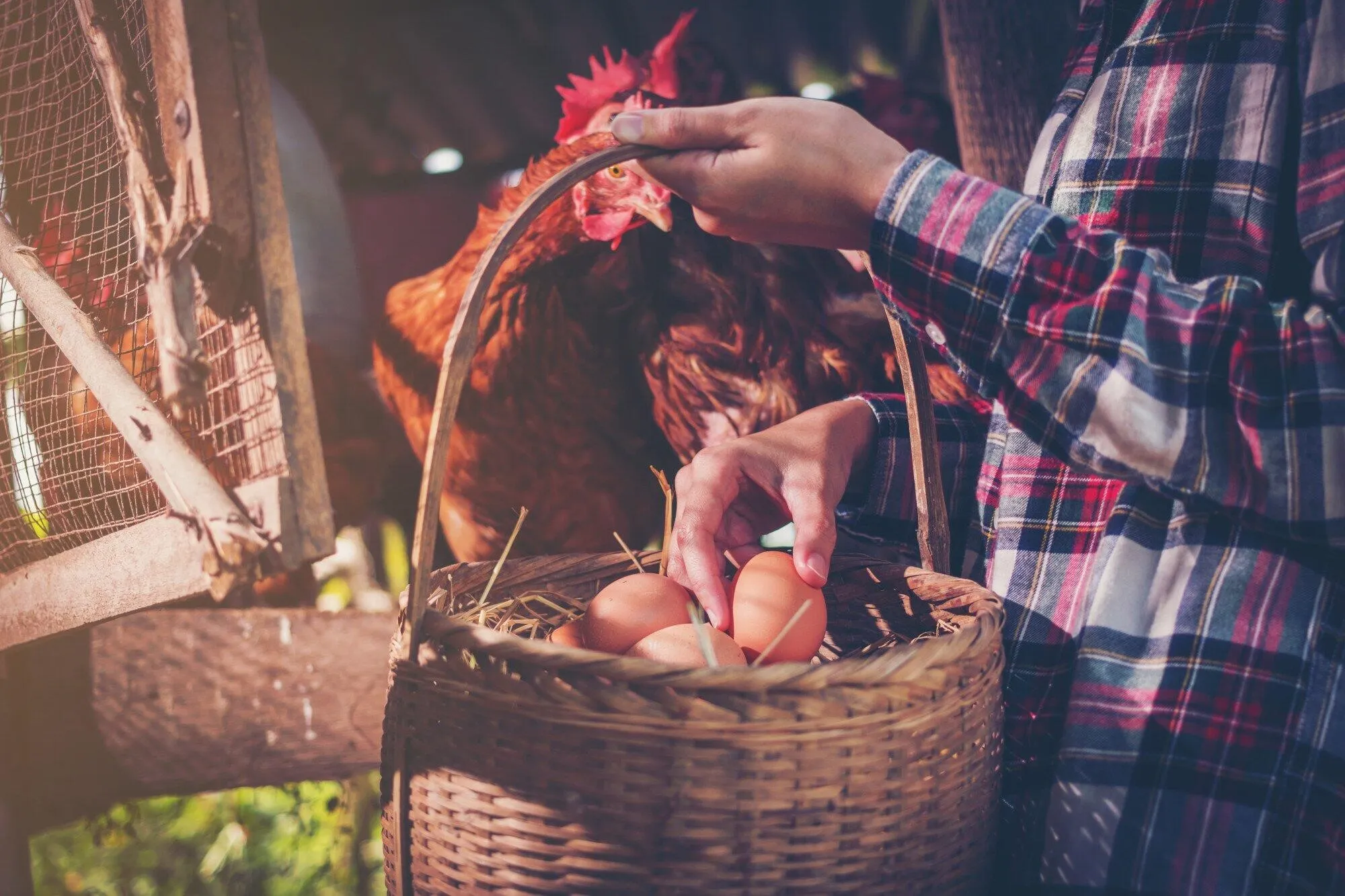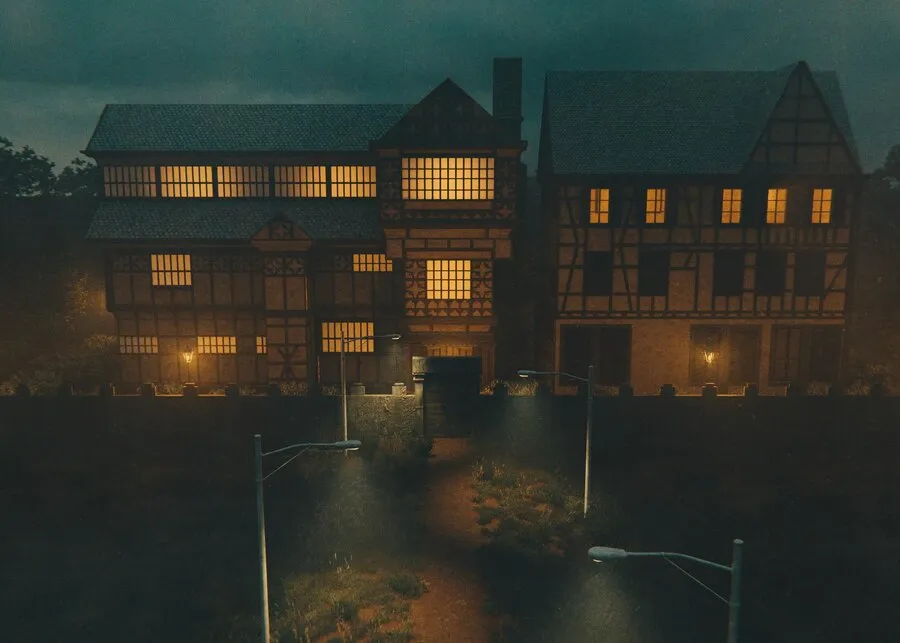Table of Contents
According to recent census data, rural America is growing again after a decade of population loss. Perks like relative independence, recreational hunting, and beautiful natural amenities are among the biggest draws for new residents.
Whether you’ve lived in a rural area your whole life or you’re one of the latest additions to your new region, there are a few beneficial skills to learn. Because these more remote areas demand more self-sufficiency, you’ll need to brush up on techniques for getting food on your plate, protecting your health, saving money, and much more. Here’s what you should know.
Starting a Garden
There are few better skills to learn in a rural area than gardening. Because you’ll have fewer opportunities to run to the grocery and more room to grow, gardening can be the perfect way to become more self-sufficient.
Gardening allows you to grow the types of plants you and your family like eating. It’s both a cost-effective hobby and a great way to save money, as all you’ll need is some good dirt, rain, seeds, and sunshine. You’ll have to hone your time management skills if you want to sow and reap your crops on schedule, but the rewards will be delicious!
Preserving Food
Once you start a garden, you’ll likely find yourself with more produce on hand than you can eat all at once! When that happens, it’s time to start looking into food preservation.
Preserving food can help you remain self-sufficient year-round, even after your summer fields have turned barren in the winter. Even better, there’s a huge spectrum of preservation possibilities. Here are a few popular options:
- Pickling
- Canning
- Freezing
- Air-drying
- Freeze-drying
- Dehydrating
- Fermentation
- Candying
- Vacuum-packing
Don’t hesitate to experiment with different methods as you work to find healthy fare and reduce your grocery bills.
Basic First Aid
As far as survival skills go, first aid is an absolute must. Because you’ll likely have to spend a while on the road before reaching a doctor or hospital, knowing how to administer first aid to yourself and your loved ones can be essential in an emergency.
Consider taking a CPR and/or first aid course to get access to the education and materials you’d need in a crisis. Make sure to keep a well-stocked first-aid kit at home. Depending on your household, you may even want to purchase an AED.
Cooking
With your fresh, preserved, and even foraged foods on hand, you’ll want to know how to cook your own meals! This is a great way to save money and avoid making the trek to the nearest restaurant whenever you want a delicious dish.
To upgrade your cooking skills, consider going above and beyond by learning how to make cheese, bread, butter, and other ingredients that go into your favorite recipes. This can be a satisfying way to showcase your self-reliance and get more out of every meal.
Cutting Wood
Cutting wood is not as easy as it sounds, but it’s a skill you’ll need to learn if you plan on using a wood stove to get through the winter!
Recognizing good firewood can be tricky for rookies, so spend time getting to know the best woods for burning. It’s also important to learn how to safely cut and split firewood. Whether you plan on felling your own trees or you’re still trying to learn your way around an axe, it’s crucial to take your time and ensure your safety.
Animal Husbandry
If you’re hoping for more self-sufficiency, raising animals is the way to go.
Whether you prefer just a few chickens or you’d like to raise your own cows and pigs, animals can be a great addition to your property. Not only can these critters provide sustenance via milk, eggs, and meat, but they can also be fun to interact with. There’s a learning curve associated with any animal you choose to raise, but the benefits are well worth the effort.
Soap Making
Soap making is a fun and useful homesteading process, and it can be as easy or complex as you like.
Homemade soaps are easy to make with the right oils, fats, or lyes. Whether you want to use store-bought coconut oil, use lye from fireplace ashes, or try pig lard as an ingredient, you’ll have plenty of room to experiment. You can also use scented oils and other infusions to perfume your soaps.
With the right ingredients, you may find that your homemade soap is better than the generic products you buy from the store!
Hunting
Depending on where you live, improving your hunting skills may be a great way to get food on the table.
However, keep in mind that every state has unique laws about when, where, how, and what you’re allowed to hunt. Make sure to brush up on these regulations before heading outdoors.
Once you know the basics, start learning about the best techniques for your hunting weapon of choice. Consider tagging along with other skilled hunters who can teach you what you’ll need to know.
Construction Skills
It’s hard to talk about being self-sufficient without discussing basic construction skills. Unless you want to bring a crew out to your property every time you need repairs, you’ll need to learn how to build a few things on your own!
This is especially true of fencing, as maintaining fences can become an ongoing chore. However, you may also want building skills to create a deck, construct your own barn, and more. You’ll need to gather materials, safety gear, and other supplies as you go, but slow and steady learning can help you begin creating your own structures on the property.
Know These Beneficial Skills to Learn
Whether you’re five miles outside of town or fifty, these are some of the most beneficial skills to learn as a self-sufficient homesteader. Knowing how to get more out of the land around you, spend time out in nature, and save money with your own craftsmanship is a great way to maximize your independence!
If you enjoyed this post, be sure to check out our other blogs for additional tips and tricks.




